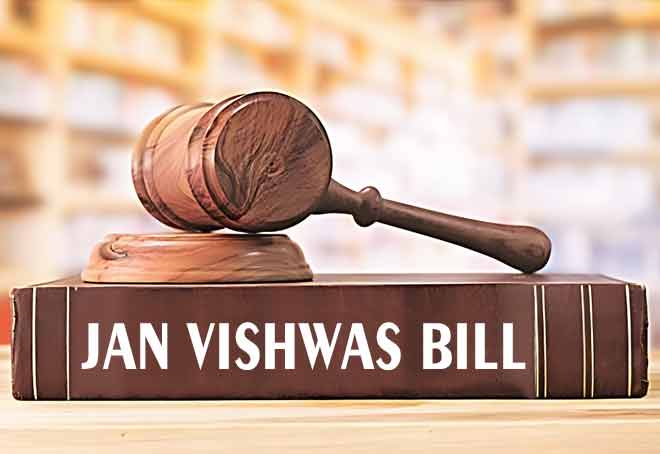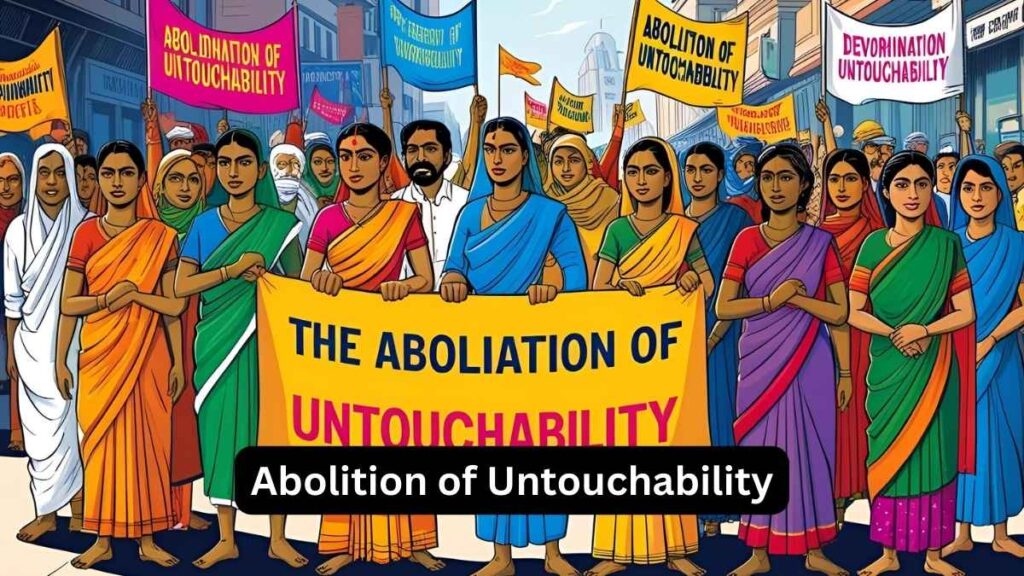Font size:
Print
National Human Rights Commission
Context:
NHRC appointed Vijaya Bharathi Sayani as its acting chairperson after former Supreme Court judge Arun Mishra completed his three-year term.
More on news:
- The President, under Section 7(1) of the Protection of Human Rights Act, 1993, authorised Vijaya Bharathi Sayani to act as the NHRC Chairperson.
- The NHRC chairperson post was vacant for nearly seven months before his appointment.
Amendment to Eligibility Criteria:
- In 2019, Parliament amended the Protection of Human Rights Act, 1993.
- The amendment revised the eligibility criteria for NHRC and state human rights commissions chairpersons.
- The revised law allowed a Supreme Court judge to be considered for the NHRC chairperson position, not just a retired Chief Justice of India.
About NHRC:
-
- NHRC of India was established by an Act of Parliament under the Protection of Human Rights Act, 1993.
- It is a Statutory Body.
- Originated from the UN Declaration of Human Rights Convention, which was adopted by the United Nations General Assembly in 1948.
- NHRC headquarters in New Delhi.
- It aims to protect and promote human rights.
- As per Section 12 of the Act, the Commission:
- Inquiries into complaints of human rights violations or negligence by public servants.
- Studies treaties and international instruments on human rights and makes recommendations to the Government for effective implementation.
- Section 2(1)(d) of the Protection of Human Rights (PHR) Act defines human rights as rights related to life, liberty, equality, and dignity, guaranteed by the Constitution or international covenants, and enforceable by Indian courts.
- Term of office: The chairperson and the members hold office for a period of 3 years or until they attain the age of 70, whichever is earlier.
- Members are eligible for re-appointment.
Structure and Composition of NHRC
- Chairperson and Members:
- NHRC consists of a Chairperson, five full-time Members, and seven ex-officio Members.
- Chairperson: Must have been a Chief Justice of India or a Judge of the Supreme Court.
- One Member: Must be, or have been, a Judge of the Supreme Court.
- One Member: Must be, or have been, the Chief Justice of a High Court.
- Three Members: Appointed from among persons with knowledge and practical experience in human rights, one of whom must be a woman.
- Ex-officio Members:
- National Commission of Backward Classes, Minorities, protection of Child Rights, Scheduled Castes, Scheduled Tribes, Women and Chief Commissioner for Persons with Disability.
- The President of India appoints Chairperson and other members based on recommendations of the committee.
- This committee includes: Prime Minister of India as its head, Union Home Minister, Leader of the Opposition in the Lok Sabha (Lower House), Leader of the Opposition in the Rajya Sabha (Upper House), Speaker of the Lok Sabha (Lower House), Deputy Chairman of the Rajya Sabha (Upper House).
-
- Grounds for Removal by President:
-
- Insolvency: Adjudged insolvent.
- Conflict of Interest: Engages in any other paid employment outside the duties of his office during his term.
- Physical or Mental Unfitness.
- Declared of unsound mind by a competent court.
- Moral Turpitude: Convicted and sentenced to imprisonment for an offence involving moral turpitude.
- Removal for Misbehaviour or Incapacity:
- Supreme Court Inquiry: The President must refer the matter to the Supreme Court for an inquiry.
- Outcome of Inquiry: If the Supreme Court, after the inquiry, upholds the charges, the President can proceed with the removal.
Functions & Powers of NHRC:
- Investigates complaints of human rights violations or negligence in preventing such violations by public servants.
- Can investigate human rights violations either suo-moto or upon receiving a petition.
- Can intervene in judicial processes involving human rights violation allegations.
- Can visit state-controlled prisons/institutions to observe living conditions and make recommendations.
- Reviews constitutional provisions safeguarding human rights and suggests necessary restorative measures.
- Promotes human rights awareness and literacy.
- Can recommend steps to prevent human rights violations to Central and State Governments.
- Annual Report: Submits an annual report to the President of India, which is laid before both Houses of Parliament.
Limitations of NHRC:
- Non-binding Recommendations: Recommendations made by the NHRC are not binding.
- Limited Jurisdiction: Cannot consider human rights violations by private parties.
- No Penal Power: Lacks the authority to penalise authorities that fail to implement its recommendations.
- Judicial Composition: Three members are judges, imparting a judicial character to the Commission.
- Selection Committee Influence: Other members recommended by the Selection Committee may not necessarily be human rights experts.
- Exclusion of Certain Cases:
- Cases older than one year.
- Anonymous, pseudonymous, or vague cases.
- Frivolous cases.
- Service-related matters.
- Armed Forces Limitation: Has limited jurisdiction over cases involving the armed forces.
-
Operational Challenges: Faces issues such as an excess of cases/complaints, insufficient funds, and a bureaucratic functioning style.


